〆 Inside Report Diverging Views Over New Fuels, MOL’s Hashimoto responds to Maersk「LNG燃料への課金」は是か非か
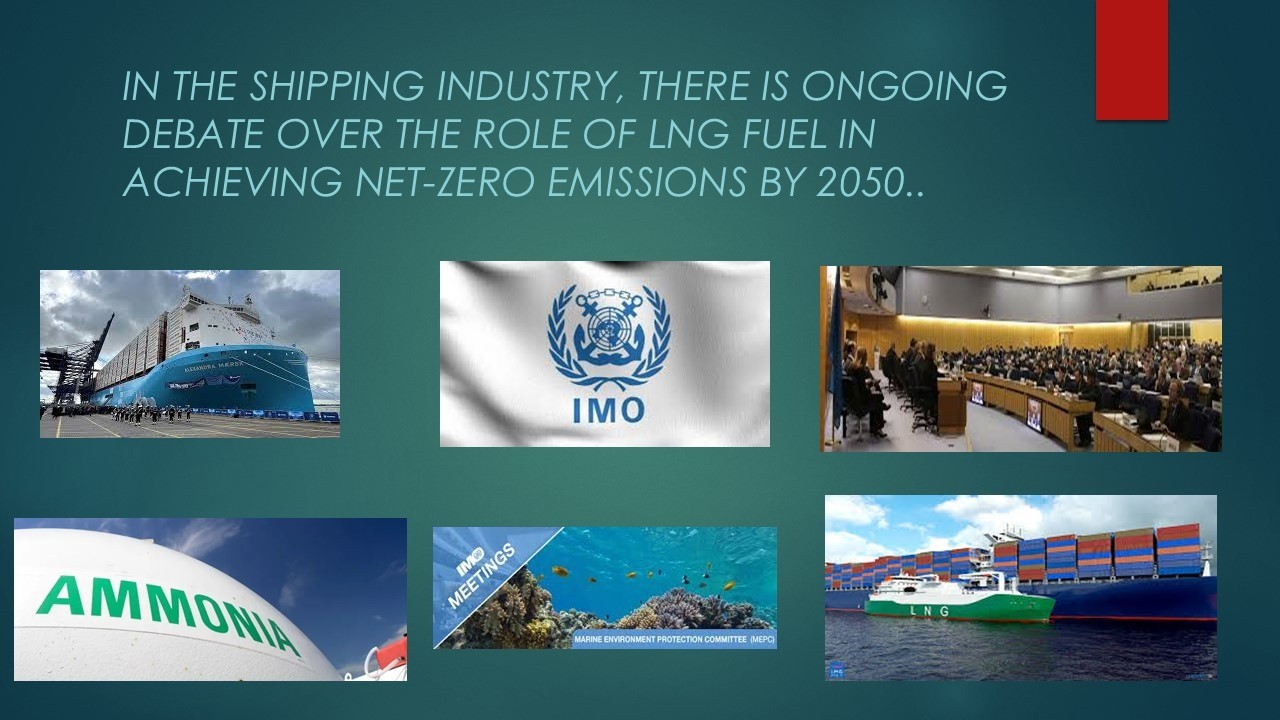
Inside Report: Diverging Views in Shipping Over New Fuels — Is It Right to Impose Higher Costs on LNG?
Debate continues within the international shipping sector over the treatment of alternative fuels. Ahead of the 83rd session of the Marine Environment Protection Committee (MEPC), held in London until 11 April 2025, Denmark’s A.P. Moller-Maersk, the world’s largest container shipping company, expressed the view that “unless the IMO imposes high costs on LNG, incentives to invest in green fuels will be lost.”
Maersk had already highlighted its position in an internal report released during MEPC 80 in 2023, arguing that “LNG fuel will ultimately not lead to GHG (greenhouse gas) net zero.” At the time, the company called for the promotion of “net zero fuels” such as ammonia, green methanol and biomethane.
The proposal by Maersk to “impose higher costs on LNG” has drawn criticism from some European shipping stakeholders and Japan’s Mitsui O.S.K. Lines (MOL). They argued: “LNG is, at present, a realistic and viable means of reducing GHG emissions. It is inappropriate to distinguish LNG from other low-emission options within the yet-to-be-finalised GFS (GHG Fuel Standard) mechanism, and to apply punitive additions to its emissions factor.”
(Text by Hirofumi Yamamoto) Photo courtesy of IMO, MOL, A.P. Moller-Maersk, DNV
※This article details why Maersk considers LNG fuel not the best choice as a ‘fossil fuel,’ while also explaining the background to MOL CEO Takeshi Hashimoto’s argument in the Financial Times that LNG represents a ‘realistic option’ from the perspective of securing marine fuel supply. It further explores how the shipping industry should navigate the transition to new fuels. We invite you to read on.
〆インサイド・レポート:海運業界で露呈した新燃料への立場の違い 「LNG燃料に高いコストを課す」という案は是か非か
国際海運業界では、新燃料の扱いを巡る議論がいまだに続いている。2025年4月11日までロンドンで開催された第83回海洋環境保護委員会(MEPC)を前に、デンマークの海運大手であり世界最大のコンテナ船社であるA.P.モラー・マースクは、「IMOがLNGに高いコストを課さなければ、グリーン燃料への投資インセンティブが失われる」との見解を示した。
マースクは、2023年のMEPC80の際にも発表した社内レポートで、「LNG燃料はGHG(温室効果ガス)のネットゼロには最終的につながらない」と指摘。アンモニア、グリーンメタノール、バイオメタンといった“ネットゼロ燃料”の推進を訴えていた。
今回、マースクが主張した「LNG燃料へのコストを課すべき」とする案に対し、欧州の一部海運関係者や日本の商船三井などは反発。「LNG燃料は、現時点で現実的かつ実行可能なGHG削減手段である。未だ最終化されていないGFS(GHG Fuel Standard)メカニズムの中で、LNGと他の低排出オプションを区別して扱い、LNGの排出係数に懲罰的な加算を行うべきではない」との立場を示した。
(Text by Hirofumi Yamamoto)
Photo courtesy= IMO, MOL, APモラー・マースク、DNV
※本文ではマースクがLNG燃料を「化石燃料」として最良の選択ではないとする理由、一方、MOLの橋本剛(Takeshi Hashimoto)CEOが船舶の燃料供給の確保の観点からLNG燃料を「現実的な選択肢」英フィナンシャル・タイムズ紙に主張した経緯について詳述しています。今後、海運業界は新燃料にどのように対応すべきか。是非、続きをお読みください。
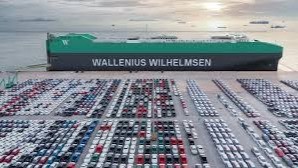
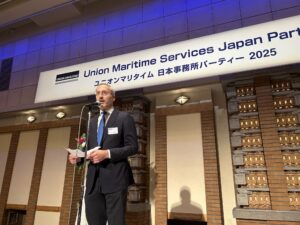
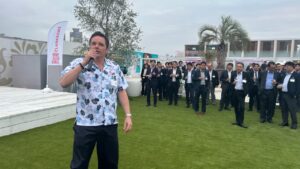
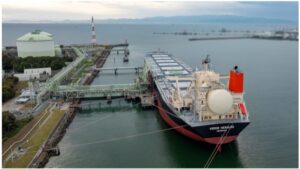
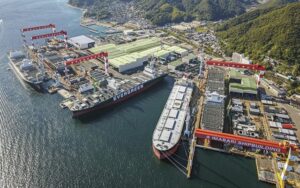
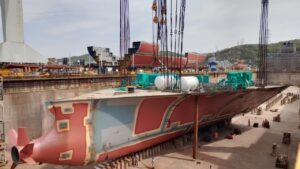
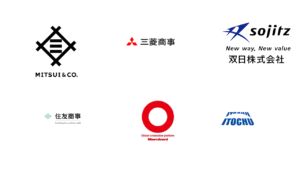
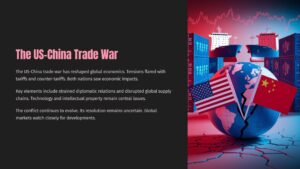
コメント